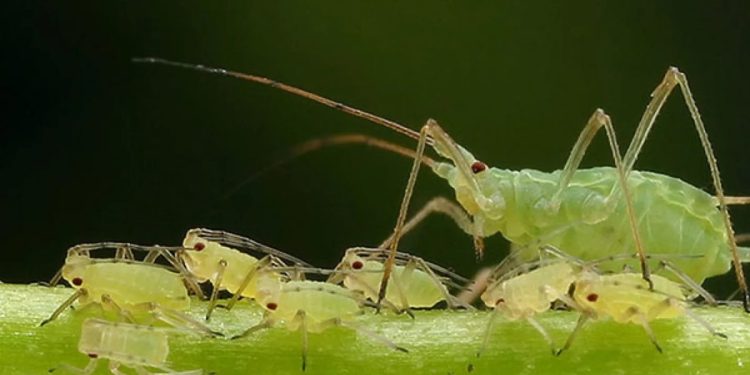Aphids, also known as Aphididae, are tiny insects that feed on the sap of plants, causing damage to crops and gardens. While there are over 4,000 species of aphids, they all have one thing in common – their ability to reproduce at a rapid pace, making them a challenge to control.
The development of new methods to eradicate aphids has been ongoing, but progress has been slow. In the past, chemical pesticides were the primary tool used to control aphids, but these methods have proven to be harmful to the environment and non-targeted species.
Fortunately, there have been recent breakthroughs in the development of natural predators and biological controls that are effective in managing aphids. Ladybugs, lacewings, and parasitic wasps are some of the natural predators that feed on aphids, while biological controls such as insecticidal soap and neem oil can be used to manage infestations.
The consequences of not managing aphids can be devastating to crops and gardens, as they can spread plant diseases and stunt plant growth. With the development of more effective and sustainable methods of aphid control, farmers and gardeners can better protect their crops and maintain healthy gardens.
In conclusion, the battle against aphids continues, but progress is being made with the development of more sustainable methods to manage their populations. The use of natural predators and biological controls, along with careful monitoring, can help eradicate aphids and protect the health of plants.







